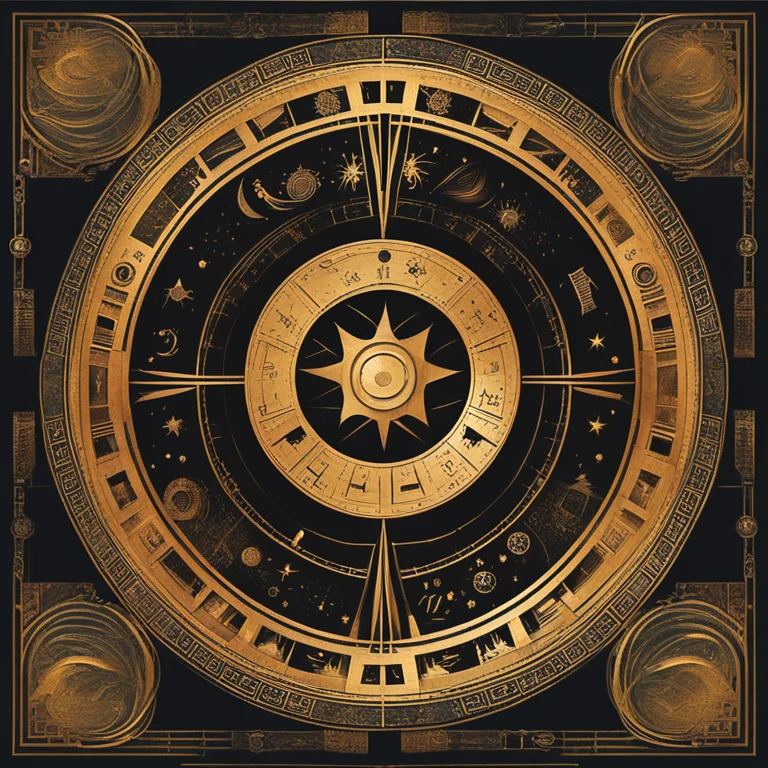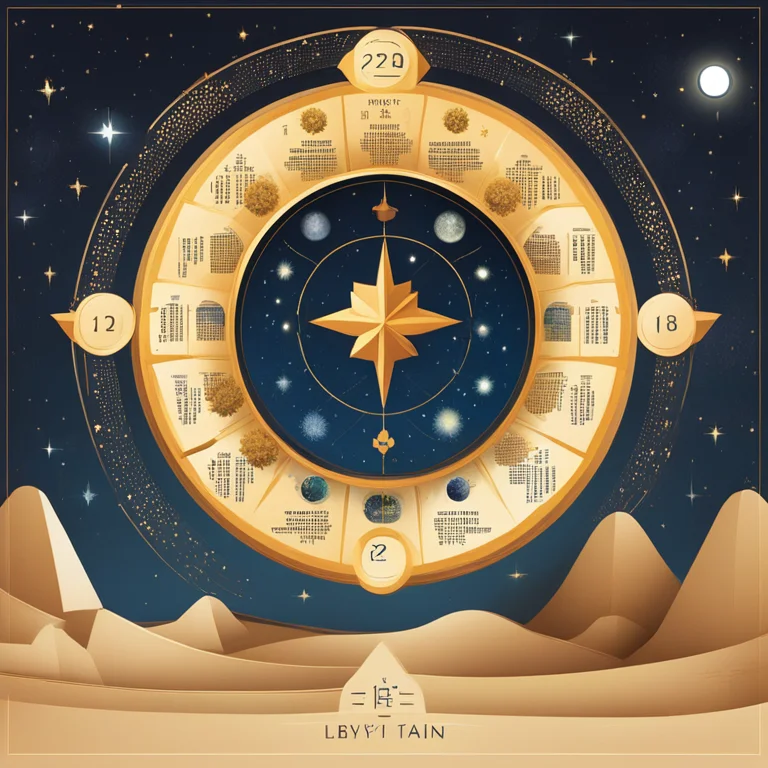
The Historical Journey of Zodiac Signs
Embark on a historical journey to discover the inception of the zodiac signs and their influence on astrology today.
article by Priya Deshmukh
The Dawn of Astrology
Astrology's roots reach deep into history, with the earliest records suggesting that the Babylonians were the first to apply myths to constellations and celestial events, leading to the creation of the zodiac signs as early as the 2nd millennium BCE. These early astrologers observed the movements of the planets and stars, recognizing patterns that they associated with divine messages. This ancient practice was a blend of celestial observation, mythological storytelling, and belief in a connection between the heavens and terrestrial events.

Formation of the Zodiac
In the beginning, the Babylonians divided the sky into twelve equal parts, aligning with the twelve months of the year. These sections corresponded to specific constellations through which the sun appeared to pass. This circular zodiac was a way to mark time and predict future occurrences based on celestial alignments. By the 5th century BCE, these constellations were firmly associated with specific times of the year, essentially creating the zodiac signs as we recognize them now.

The Greek Influence
The zodiac was later adopted by the Greeks around the 4th century BCE, who shaped much of the philosophical and scientific framework of Western astrology. Influenced by earlier Babylonian and Egyptian astronomical traditions, the Greeks refined the concept of the zodiac, giving us the names and symbolic meanings of the zodiac signs that have endured into the present. These early astrological systems were a blend of science, art, and the spiritual, crafting a narrative of human destiny guided by the stars.
The Role of Ptolemy
Claudius Ptolemy, a Greco-Egyptian scholar of the 2nd century CE, was instrumental in the development of Western astrology. His work 'Tetrabiblos' laid the foundation for the astrological techniques utilized for centuries. Ptolemy's synthesis of earlier astronomical knowledge into a cohesive system helped entrench the zodiac signs' significance in astrological practice, ensuring that they played a pivotal role in forecasting and personality analysis.
Astrology Throughout the Ages
Through successive eras, astrology and the zodiac signs have married cosmic movements with human experience, influencing everything from art to politics. In the Middle Ages and the Renaissance, astrology was taught in universities and practiced by scholars and advisers to kings. The zodiac's imprint can be found in literature, paintings, and even architecture of the time, showing the broad reach of astrological belief in shaping culture and thought.
Zodiac Signs in the Modern Era
In the present day, zodiac signs continue to captivate the imagination, signaling a resurgence in the interest held by the public in astrology and personal horoscopes. Astrologers look to the zodiac signs to craft horoscopes, and believers find personal meaning and guidance within them. As we look ahead to 2024 and beyond, zodiac signs and astrology remain a tool for self-reflection, with forecasts and readings tailored to modern sensibilities while rooted in ancient traditions.
Published: 1/9/2024
Modified: 1/10/2024
More predictions
Come back here soon to learn more about yourself and your future


The Fluidity Of Astrological Forecasts
Examining the fluidity of astrological forecasts and the potential for personal agency to change our cosmic paths.


Astrology & Potential Divorce Predictions
Examine the potential of astrology in forecasting marital stability and the likelihood of divorce.


Can Astrology Predict Potential Divorce?
An insightful look into how astrology may provide signals about the potential for divorce in a relationship.